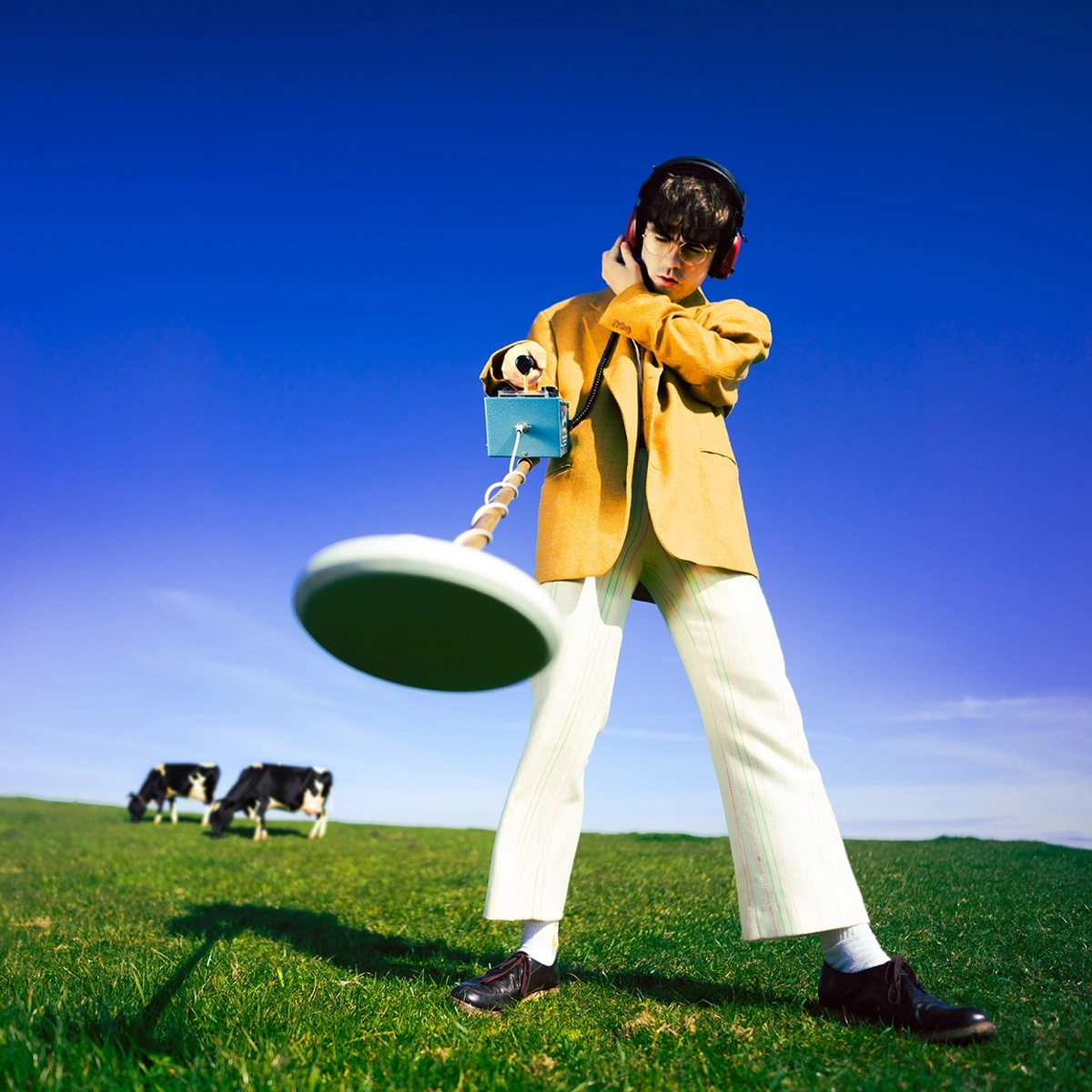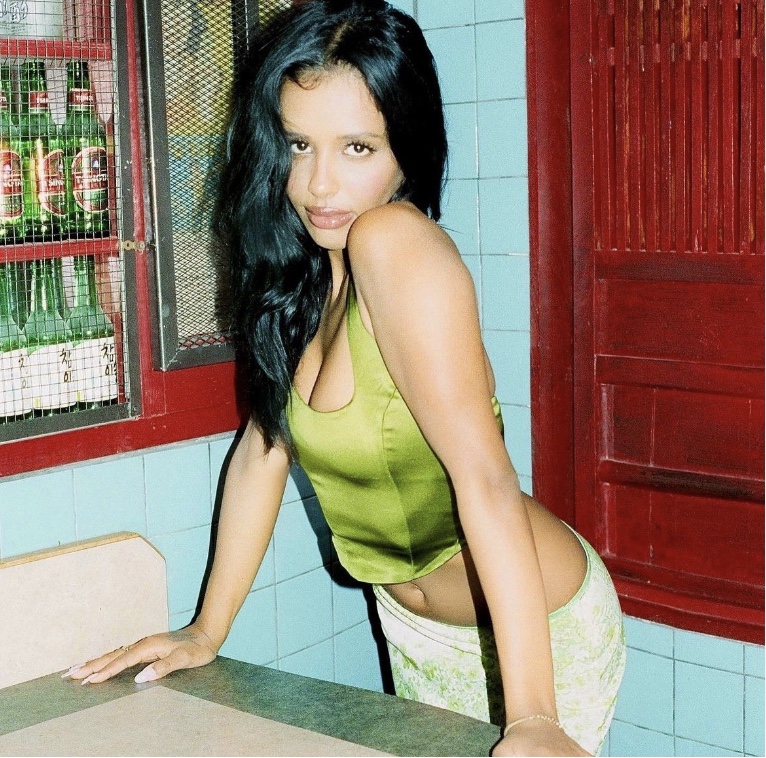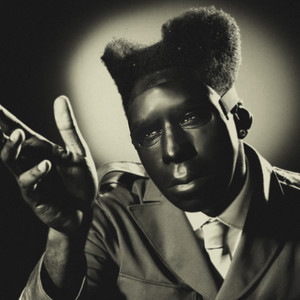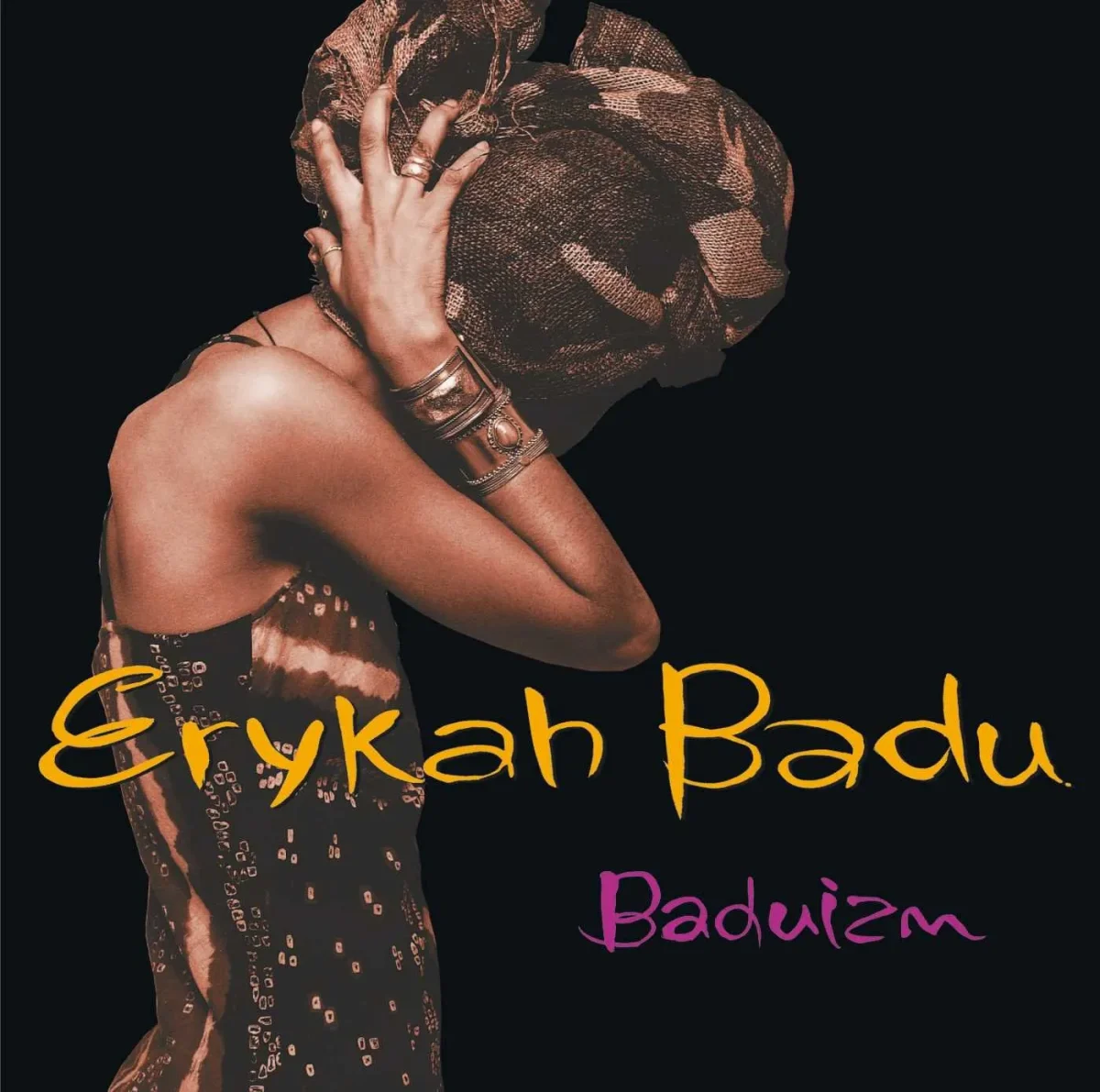Per climate scientists, in a few decades we may be asking ourselves: what happened to the beach? Until then, however, this question can remain the foreboding title of English singer-songwriter Declan McKenna’s third studio album.
“What Happened To The Beach?” is symbolic of the growing shift towards a more psychedelic rock sound that many artists of the alternative genre have been experimenting with. This “shoegaze-y” sound may have been popularized by industry giants such as Tame Impala and MGMT, but it is gradually being adopted by artists of alternate genres, like Lil Yachty in his record “Let’s Start Here,” or the “Sandhills” EP recently released by Toro y Moi. Tracks such as “WOBBLE,” “Mulholland’s Dinner and Wine” and “Honest Test” epitomize this sound, including hazier vocals, rough (but catchy) riffs and an up-tempo rhythm.
McKenna is no stranger to demonstrating his political stances through his music. His first two studio albums, “What Do You Think About The Car?” and “Zeros,” include songs such as “Listen To Your Friends,” a political diatribe criticizing the British government (which at the time, was led by the British Conservative Party) and “The Key To Life on Earth,” a song that criticizes the increasing gap between socio-economic classes in modern society. Most notably, he released a single titled “British Bombs,” which points out the hypocrisy of Western interference in the disputes of non-Western nations.
He then performed this song live outside the Houses of Parliament in London as a part of a Climate Live Event.
“What Happened To The Beach?” continues to challenge the status quo and advocates for issues many Gen Z activists have championed, but in a way that is unique to McKenna’s third album alone. For one, it does so in a way that is much more reminiscent of optimistic nihilism — as the contrast between the upbeat, sanguine rhythms and the darker, ominous lyrics are particularly jarring in this record. While this paradox is recurring throughout McKenna’s discography (see: “British Bombs” and “You Better Believe!!!”), it is particularly evident in this album, as McKenna’s lyrics become a little darker and a little more graphic.
It’s definitely disconcerting to hear lyrics such as “I’m fucked up, I’m fallin’, when it kicks in, ooh, it kicks everythin’, blood don’t half run thin, through a poisoned brain,” whilst simultaneously listening to a tune that sounds like it belongs on a “best of” record for ABBA, the Bee Gees or some other 70s-80s dance pop band.
The record, produced by Gianluca Buccellati, allows McKenna to break from his typical musical style in more ways than one. For starters, in an interview with Wonderland Magazine, McKenna talks about how he didn’t feel the need to make each song on the record a heavily produced, “complete” musical piece.
“They don’t have to be a full story in their own right or carry a really serious message,” McKenna said. “We could work on pure inspiration in the moment and let that be the song if it felt right, rather than overthinking it.”
Buccellati, McKenna’s main collaborator on the project, inspired his more relaxed outlook on the process of making music as a whole. He largely credits the more abstract tracks on the album, such as “4 More Years,” to Buccellati’s influence. This less rigid method of production is distinctly audible when listening to the final product. “What Happened To The Beach?” isn’t trying to be Bowie’s “Heroes” or The Beatles’ White Album — though it may have drawn inspiration from them — it occupies its own unique place within psychedelic rock.
However, the new record still includes tracks that remain faithful to McKenna’s classic sound, which is noticeably heavily inspired by many of his greatest musical inspirations, including Paul McCartney, David Bowie and Unknown Mortal Orchestra. That quintessential art rock/pop rock sound that skyrocketed him into fame in the first place through tracks like “Brazil” and “Be An Astronaut” is especially audible in tracks like “Nothing Works” and “The Phantom Buzz (Kick In).”
Ultimately, “What Happened to the Beach?” seems to represent a shift not only in McKenna’s own music but a more holistic and gradual shift in his genre as a whole. The fuzzy, trippy sound of the album reiterates McKenna’s own growth as an artist and is a record worth listening to.

















